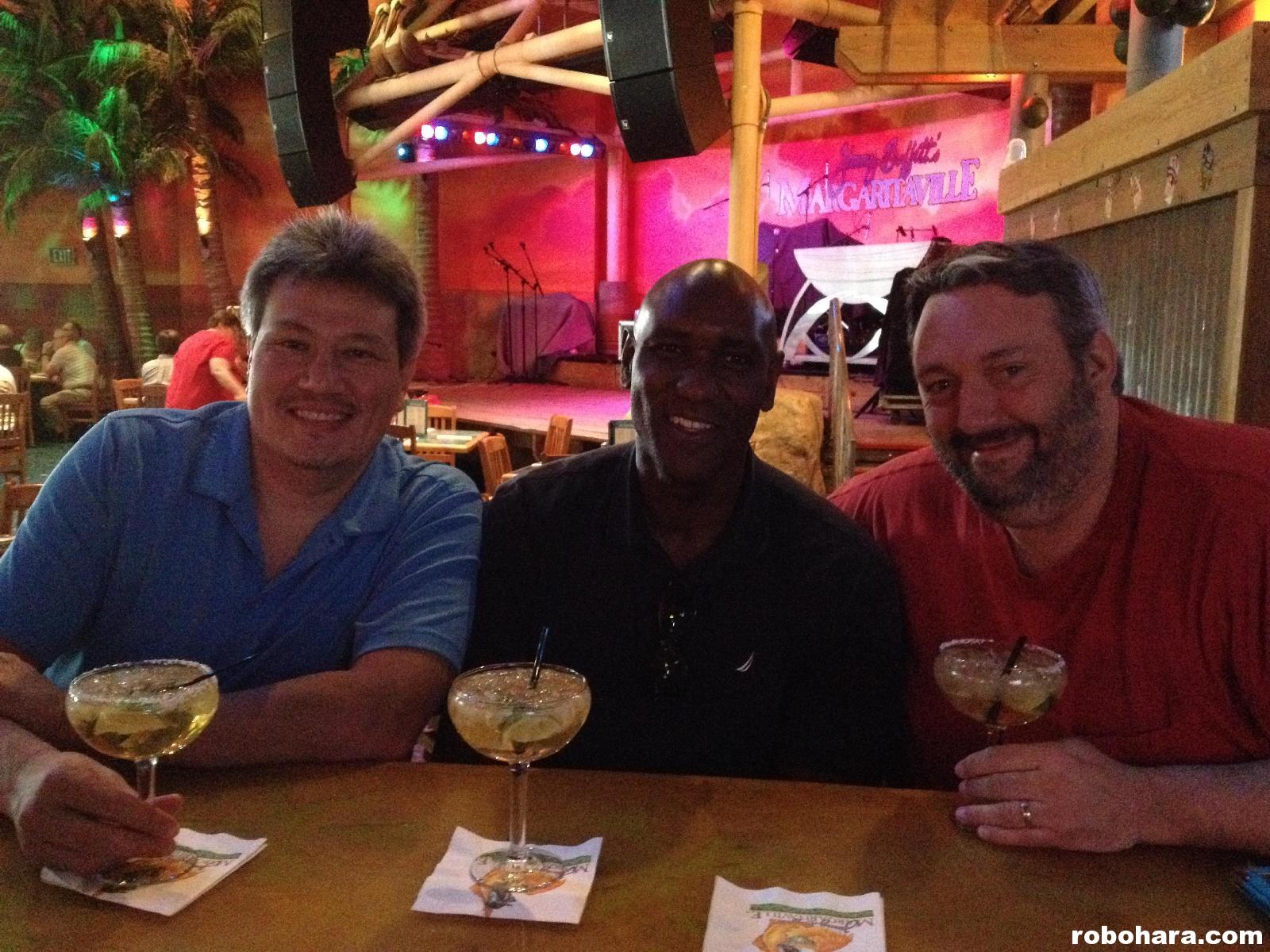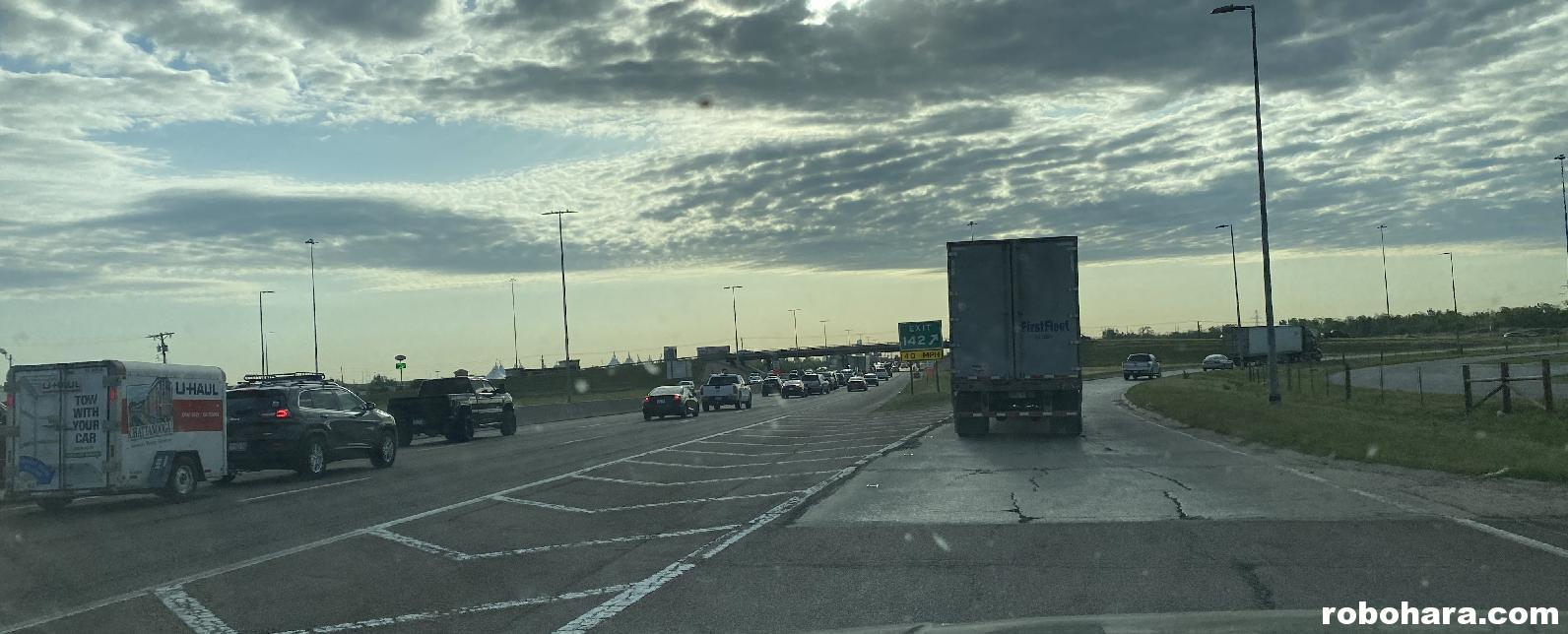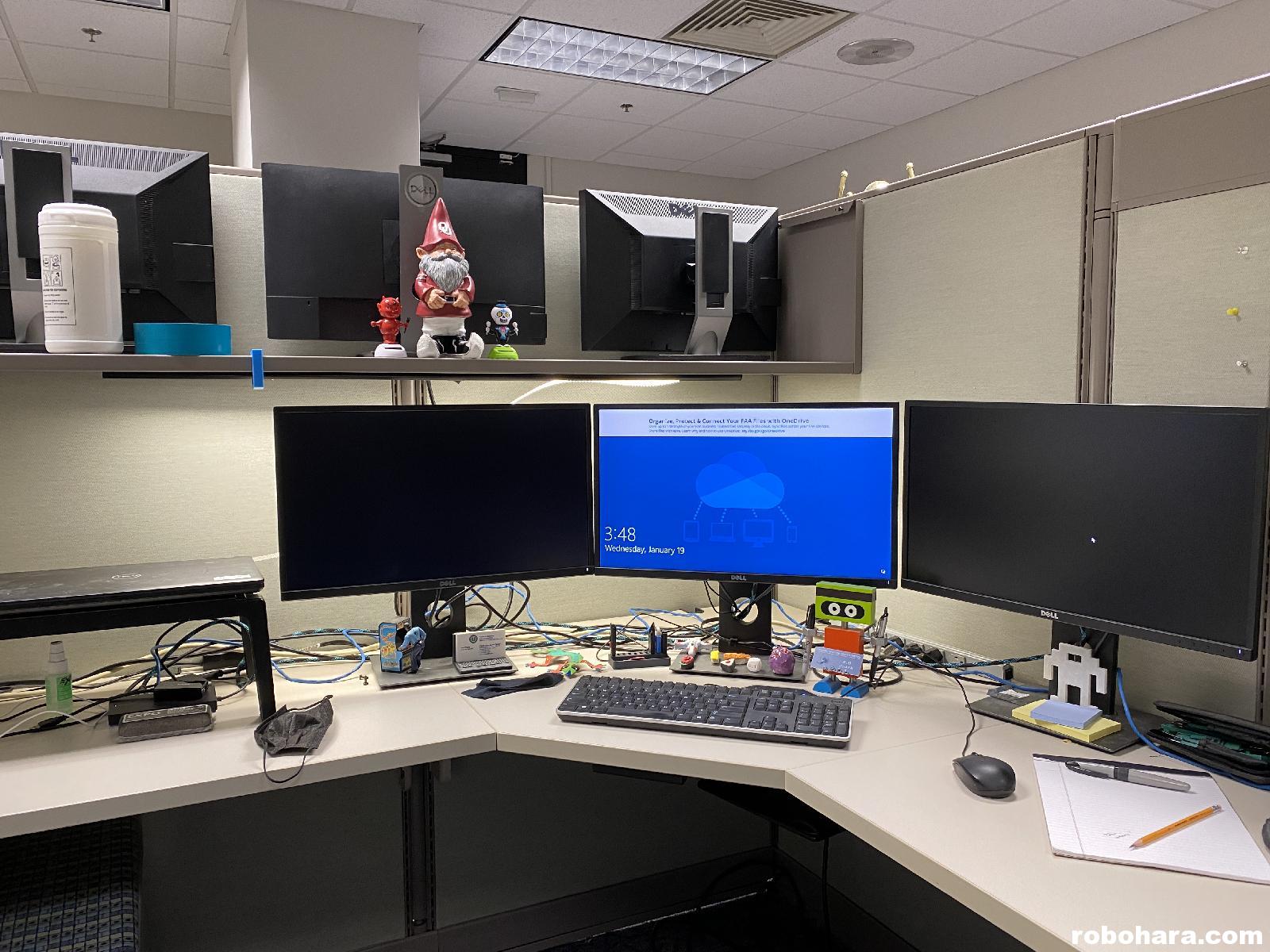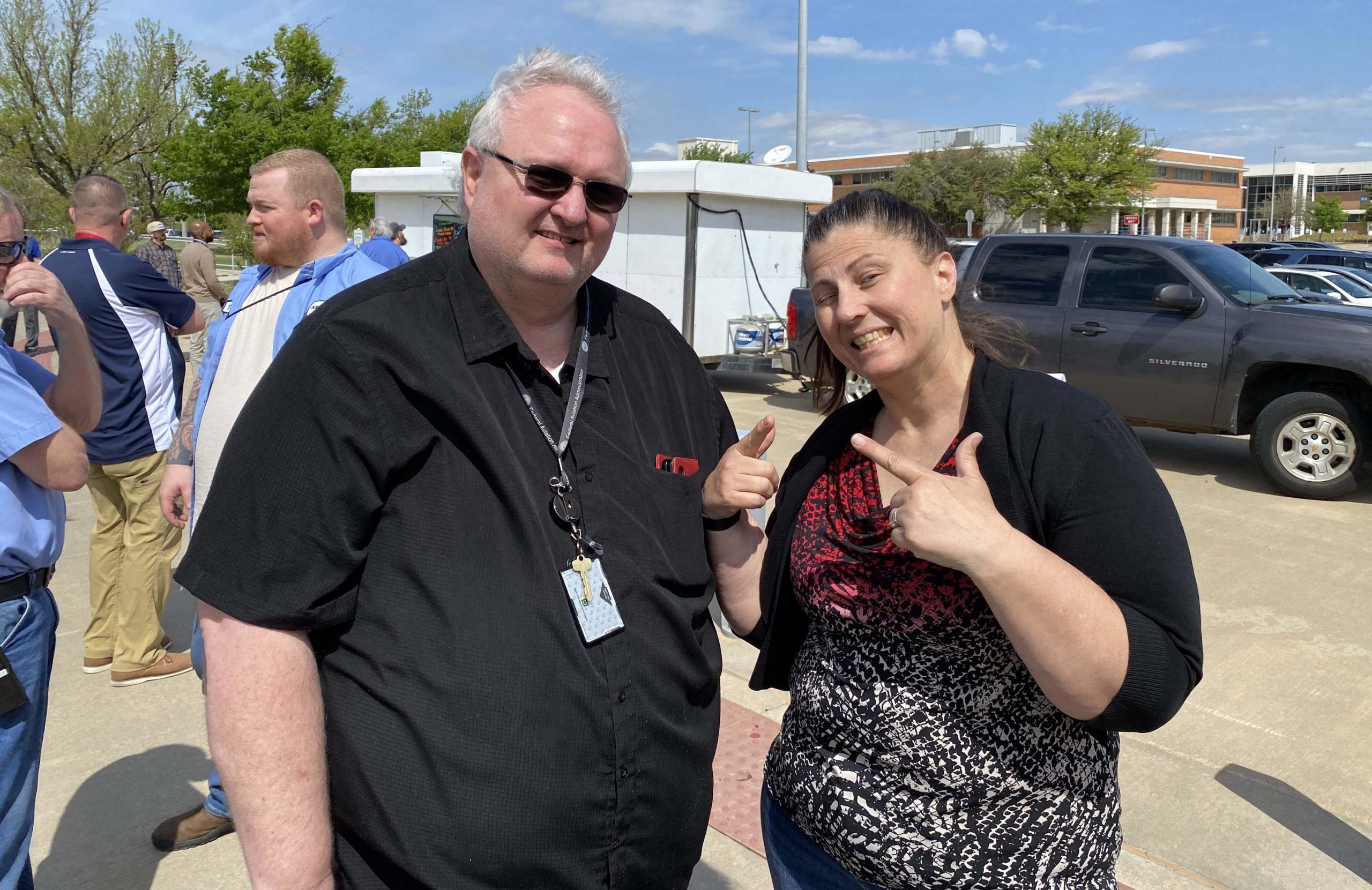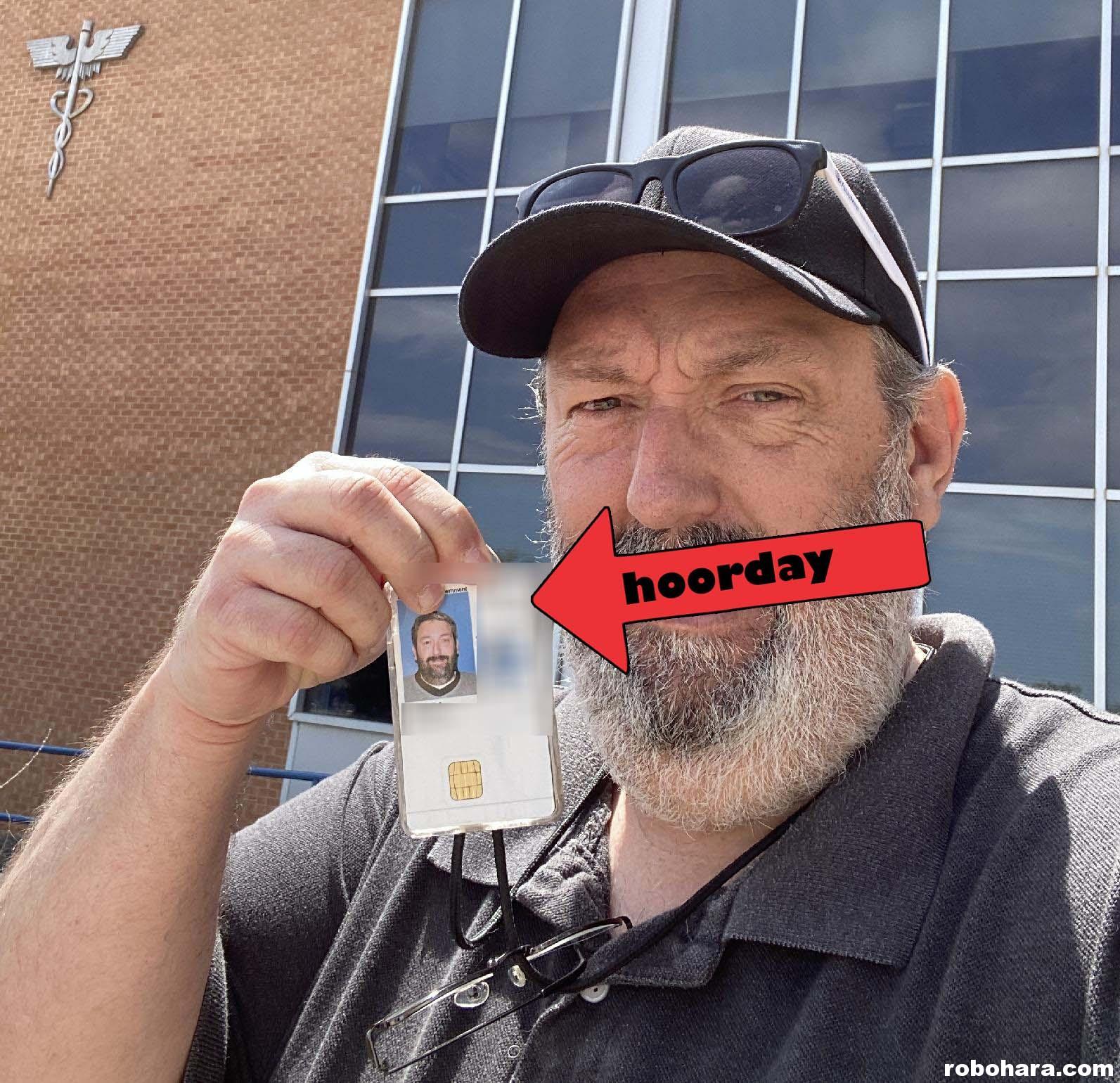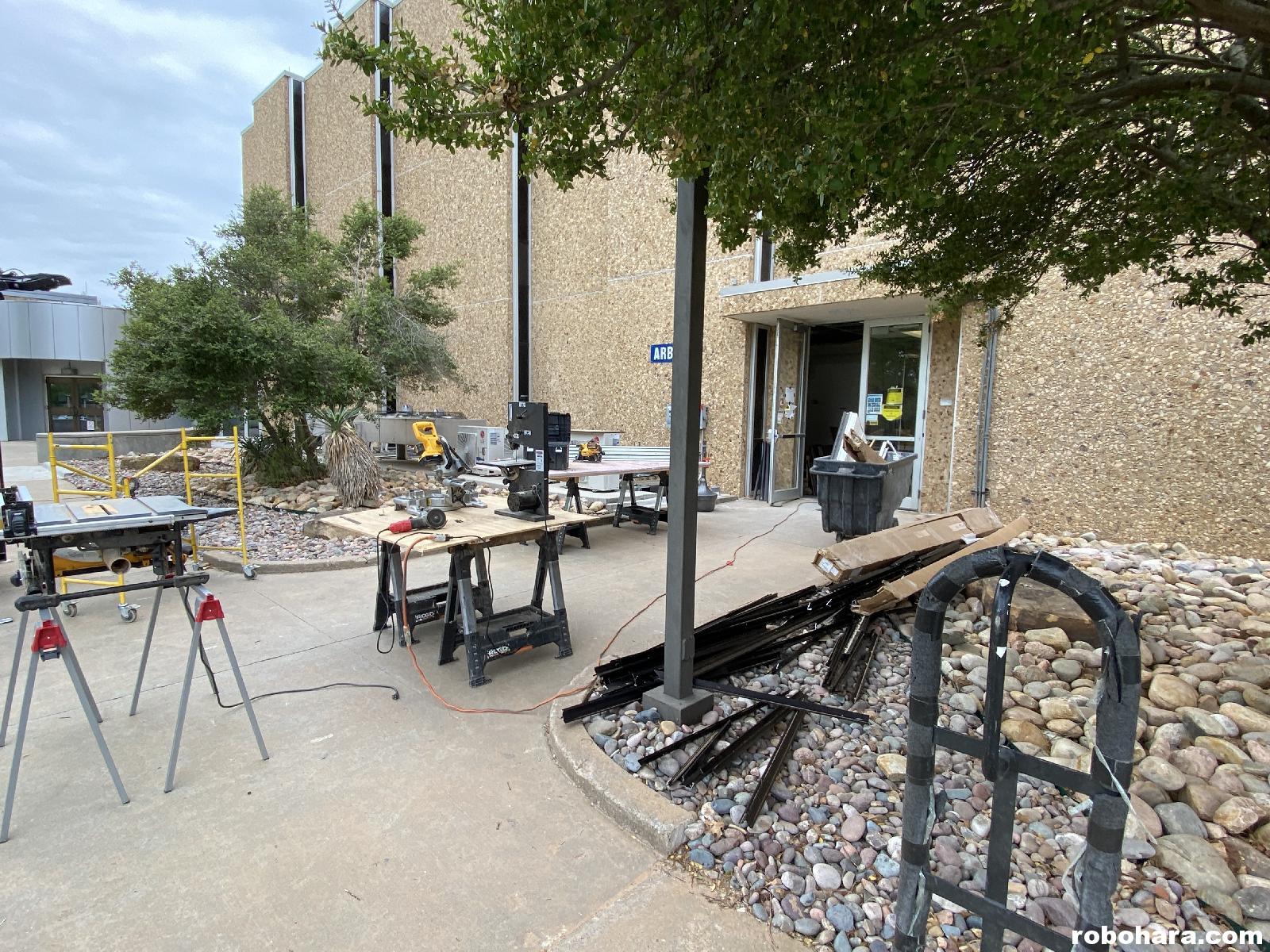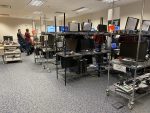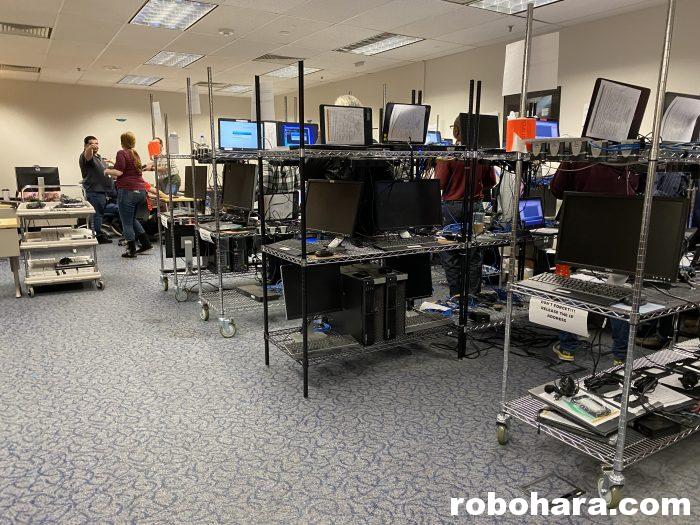As suddenly as it began, after 35 days, the furlough ended on January 25 and the government reopened. I have received guidance to report to work on January 28, 2019. The last time I was in the office was on December 21, 2018.
While delivering the news to the American people, President Trump referred to federal employees as “fantastic people” and “incredible patriots.” “You are very, very special… people,” he added.
I don’t feel very, very special right now.
In fact, right now I feel like little more than a pawn in a big game of chess that’s being played out across 24-hour news channels. I am way past whose fault the impasse belongs to, or which political party was more responsible for the stalemate. For the past 35 days, all I’ve wanted to do is go back to the job I was hired to do.
Early Saturday morning, talking heads continued to argue whether Nancy Pelosi or Donald Trump “won.” I can tell you who didn’t win. For 35 days, approximately 400,000 federal employees have been working and not getting paid. They didn’t win. Another 400,000 federal employees, including me and my wife, were prevented from working and also stopped receiving pay. We didn’t win, either. Then there are the estimated two million federal contractors who were also sent home during the furlough, and will not receive any back pay when (or if) they return to work next week. They certainly didn’t win.
And, ultimately, you, the American people, didn’t win. The furlough has already cost the country billions of tax payer dollars, and we’ve nothing to show for it. The furlough has damaged this country in ways that we may be feeling for years to come.
When I walk into work Monday morning, I’m not sure what to expect. After essentially being told “you’re not essential and we don’t need you” for more than a month, I imagine morale will be quite low. I also expect to encounter tons of technical issues. There will be people who forgot their passwords, and who lost their access cards. There will be machines that were powered down that won’t power up. In his speech, President Trump threatened to close down the government again on February 15, three weeks from now. I doubt that anything significant will get accomplished at work between now and then. The next three weeks will be spent digging ourselves out from the last shutdown while potentially preparing for the next one.
I also secretly suspect that not everybody will return. Longtime federal employees? Sure, they’ll be back. But the contractors who haven’t worked or been paid in over a month? I’ll be shocked if every one of them returns, and who can blame them?
Here’s one of those “tough to measure” impacts of the furlough. Some young employees may seek employment elsewhere. Some longtime employees already eligible to retire may go ahead and do so. Some people may consider leaving the federal workforce. Some people may choose not to pursue it. President Trump voted to cancel pay raises for all federal workers for 2018 and again in 2019. The furlough may just be icing on the cake. Again, it would be tough to put specific numbers on any of these effects, but I believe it would be naive to think that some impact will not be seen or felt.
For me personally, there were two truly eye-opening aspects of the shutdown. The first was realizing how out of touch our leaders are with the American people. Last week, President Trump suggested that grocery stores will “work along with” (?) furloughed employees who were running low on food. The president of our country literally said that 2.8 million people on furlough should go to their local grocery store and expect to get free groceries. We mostly grocery shop at Walmart Market, Aldi’s, and Crest. I really want you to stop and imagine this reality. I want you to imagine yourself loading up a shopping cart full of food and sailing through the checkout line without paying. “Oh, it’s cool, I’m a regular,” you might say. As a former owner of a Homeland loyalty card, I can tell you what it gets you: double coupons, and some spam email.
President Trump’s recommendation came on the heels of Commerce Secretary Wilbur Ross’s comment questioning why any federal worker would be using a food bank, suggesting that instead they should take out a loan. Not for nothing, both Ross and Trump are billionaires.
Of course if that’s an option, he’s right. Our credit union offered us a loan up to the value of one paycheck. After missing two, each, we took out a “just in case” loan against our retirement fund. A few people I know who don’t bank at the credit union have turned to payday loans. That’s a fantastic option for people already in financial trouble; a short-term loan with 20% interest and no immediate source of income to pay it back.
Or, you could be like Ileta Young. I caught Mrs. Young’s story on a local news broadcast. She’s been volunteering at a local food bank for years, unaware that after the furlough began, she would become a customer, too. When asked how she was making ends meet, Mrs. Young mentioned that she cut down to eating once a day. While she was talking to the camera, a banner flashed across the bottom of the screen: “Ileta Young, FAA Academy Instructor.”
During his speech on Friday, President Trump said of federal workers, “not only did you not complain, but in many cases you encouraged me to keep going because you care so much about our country and about its border security.” Three or four times during the furlough, Susan and I had lunch with some of our workers. Nobody talked about border security or the Wall. Everybody talked about how scared they were about not getting paid. My friend Johnny said when he called his bank to discuss missing a car payment, his bank suggested he sell his car. All of us complained. Everybody I know complained. I don’t think President Trump read all my tweets.
And that was my other eye-opening revelation; that none of us are as far from financial ruin as we would like to think. How many paychecks could you skip before the money currently in your bank account ran out? What would your finances be like if suddenly and without warning you didn’t get your next paycheck? What about the paycheck after that? What about the paycheck after that? By the time we finally get paid, we will have missed three paydays.
When Mason was less than a month old, a massive ice storm came through town and knocked out electricity lines all across the city. With no power to run our heater, the temperature inside our house plummeted quickly. We bundled Mason up, put on our winter coats, and set out in the car. My dad’s electricity was out, too. As we made our way across town at a snail’s pace along icy roads, we literally watched power lines crack and lights shutting down block after block. Ten miles from our house, we found a Chinese buffet that still had power. The roads were so bad that we didn’t think we could make it across town to my mom’s, so we sat inside that restaurant for hours, calling everybody we knew to see if they had power. It all happened very quickly. One moment we were sitting inside our warm home watching television, and less than an hour later we were driving around town in freezing temperatures, looking for a place to crash.
That’s what the furlough felt like to me; a sudden crashing down of reality, and a jarring reminder that our finances are more fragile than I thought.
Thanks to everybody who reached out to us over the past several weeks. Many of our friends and family have taken us out to lunch, and several people have made us generous financial offers which, thank goodness, we did not have to collect on. We’re a little shaken by everything, but not much worse for wear.
I walk away from this furlough a bit humbled, with a desire to volunteer more. I used to think I was a lot different from homeless people. Now I feel like there’s really only four or five paychecks difference between us.
Monday, everyone will return to work sharing their own personal furlough survival stories. People I have worked with for years will be talking about how they fared financially. After a day or two, all the stories will have been shared, all the immediate technical issues will have been handled, and everybody will settle back into their groove and get back to work. But I can’t help think that something will be different this time. I can’t help think that all the very, very special federal employees I work with won’t forget this one for many years.
